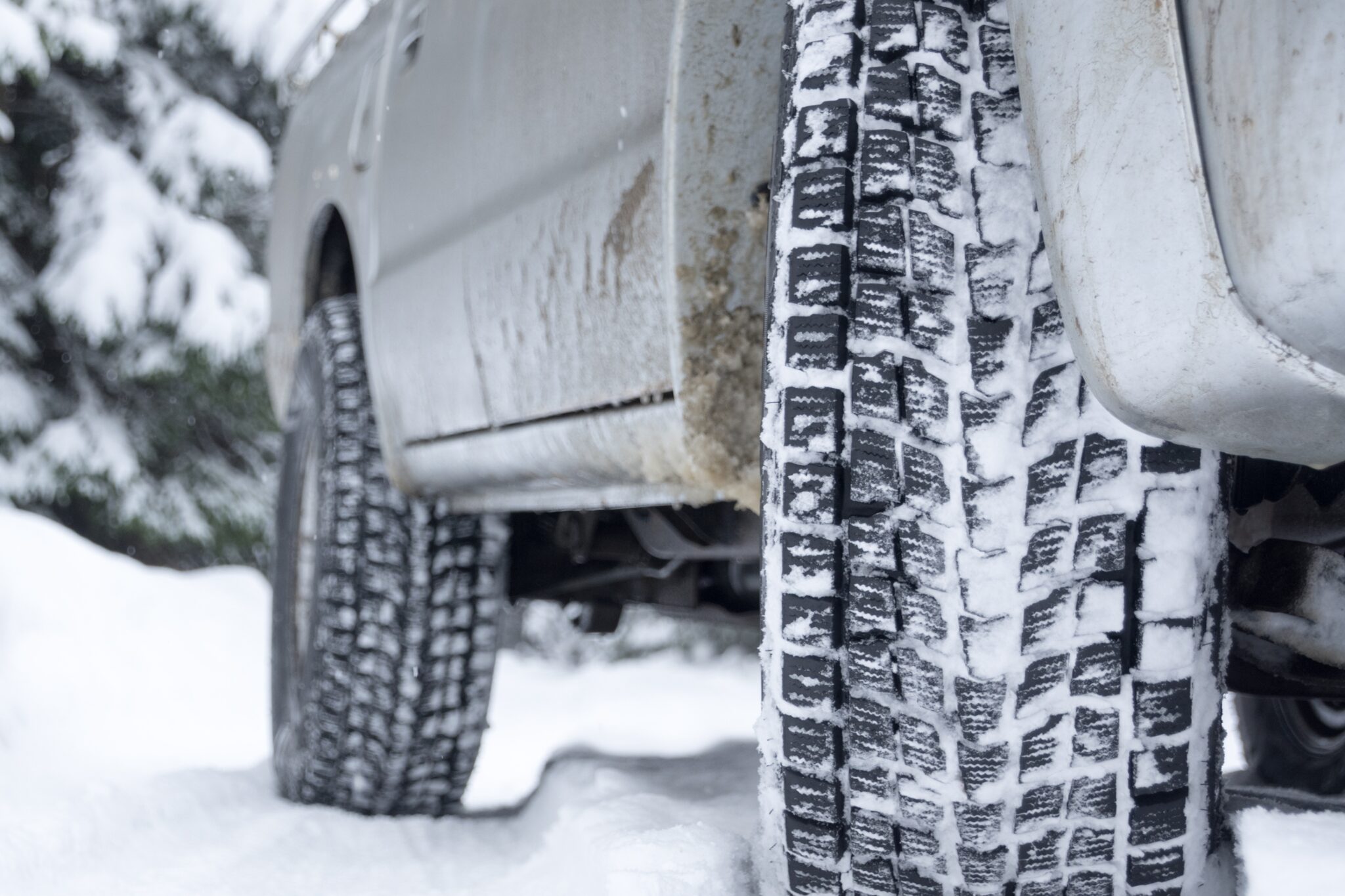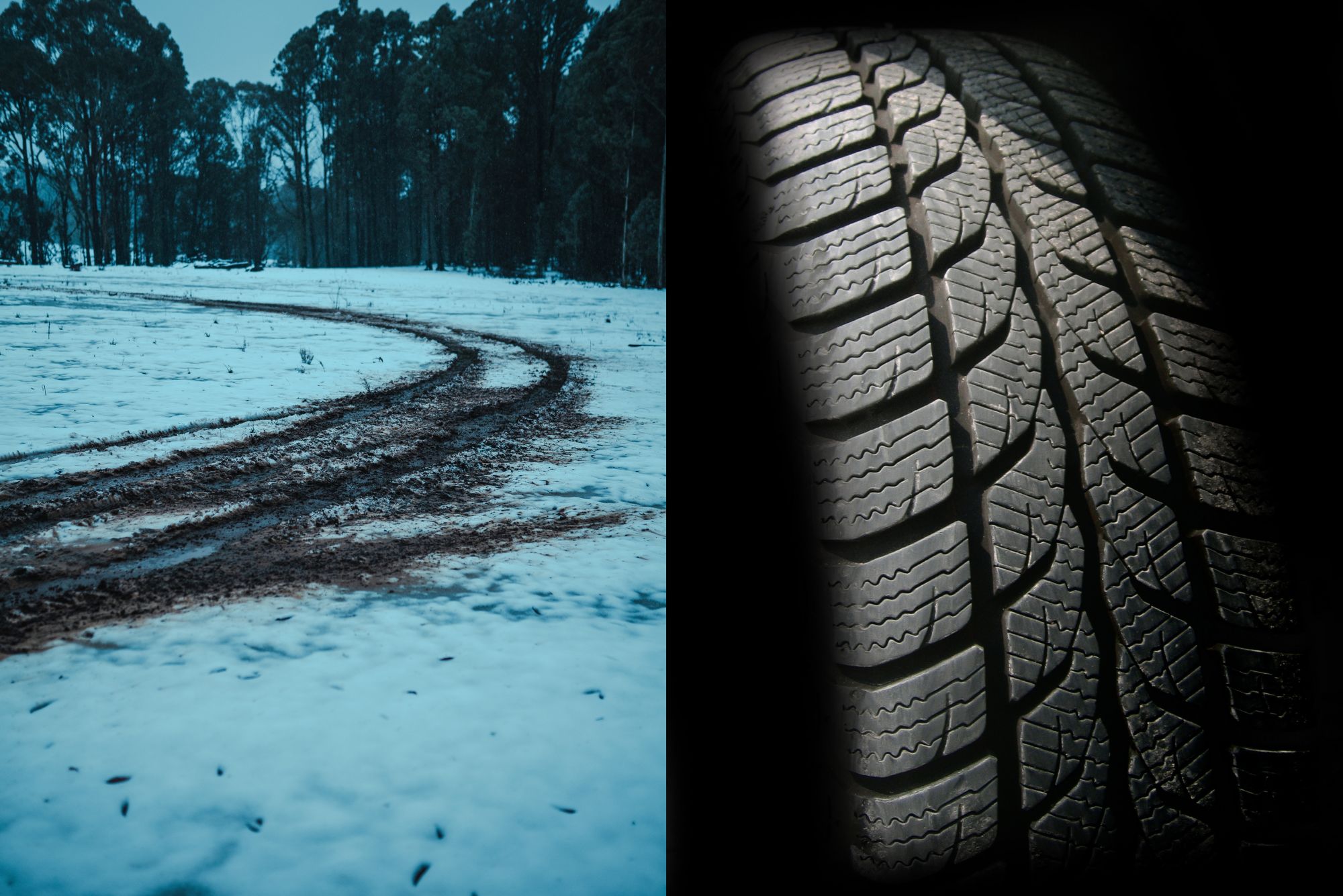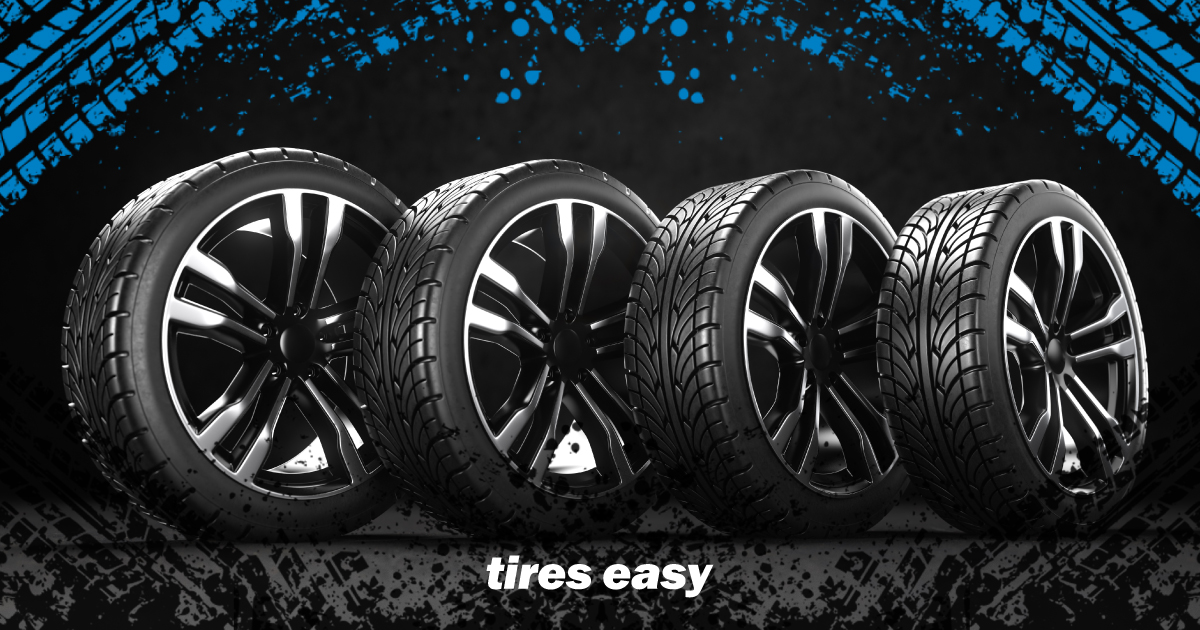Last Updated on March 29, 2025
Navigating the Winter Wonderland with Confidence
Winter driving can be a challenging experience, especially when it comes to navigating through snow-covered roads, icy surfaces, and unpredictable winter weather conditions. Choosing the right tires for winter is essential to ensure your safety and confidence during this frosty season.
Unraveling the Tires for Winter Dilemma
When the cold winds start to howl, and snowflakes begin to fall, having the best snow, winter, and all-terrain truck tires can make all the difference. Here, we’ll explore the top tire options that promise exceptional performance in winter conditions.
All-Season Tires: Versatile but Limited
Best for: Mild winter conditions
All-season tires are the jack-of-all-trades when it comes to tire options. They provide acceptable performance in various conditions but might fall short in grip and traction for harsh winter environments.

Winter Tires: Engineered for Snow and Ice
Best for: Severe winter conditions
Winter tires are specifically designed to conquer the cold. Their unique rubber compounds and tread patterns are optimized for snow and ice, ensuring maximum grip and control.
All-Terrain Truck Tires: The Versatile Choice
Best for: Off-road and winter adventures
All-terrain truck tires are built tough and designed to handle a variety of terrains, including snow-covered roads. They provide excellent traction, making them a reliable choice for winter driving.
Key Factors to Consider When Buying Tires for Winter
Choosing the right winter tires is not a one-size-fits-all endeavor. Here are some essential factors to keep in mind:
1. Tire Size and Vehicle Compatibility
Ensure your chosen tires match the specifications of your vehicle. Refer to your owner’s manual for the correct tire size.
2. Tread Pattern
Look for tires with deep, aggressive tread patterns. These are more effective at gripping snow and ice.
3. Rubber Compound
Winter tires have a unique rubber compound that remains flexible in cold temperatures, providing better traction.
4. Studded vs. Studless
Consider whether studded or studless winter tires suit your needs, depending on local regulations and road conditions.
5. Budget
Determine your budget and explore tire options within your price range. Remember that investing in quality winter tires is an investment in safety.

Maintaining Your Winter Tires
To ensure your winter tires perform optimally throughout the season, follow these maintenance tips:
1. Proper Inflation
Maintain the recommended tire pressure to maximize tire contact with the road.
2. Regular Inspections
Check for signs of wear, damage, or punctures. Address any issues promptly to maintain tire integrity.
3. Seasonal Switch
Consider swapping back to all-season tires when winter is over to prolong the life of your winter tires.
Conclusion
When it comes to winter driving, your choice of tires can be a lifesaver. Don’t compromise on safety and performance during the winter months. Explore our top recommendations for snow, winter, and all-terrain truck tires for winter driving. Upgrade your winter driving experience and stay safe and confident on the icy roads ahead. Don’t wait; start your winter tire journey today!
Want to learn even more about tires and maintenance? Visit Tires Easy’s website and explore our collection of informative articles.
FAQs
What tires are recommended for winter?
Winter tires are recommended for winter driving conditions due to their specialized rubber compounds and tread patterns designed for improved grip on snow and ice.
Can I use regular tires in winter?
While you can use standard or all-season tires in winter, they may not provide the same traction and safety as dedicated ones, especially in severe winter conditions.
What is the difference between winter and summer tires?
The main difference between winter and summer tires is their rubber compounds and tread designs. Winter tires have softer rubber for cold weather flexibility and aggressive tread patterns for better snow and ice traction. In contrast, summer tires are optimized for warm, dry conditions with a more complex rubber compound.
Do winter tires make a difference?
Yes, winter tires make a significant difference in winter driving safety. They offer superior traction, handling, and braking performance in cold and icy conditions, reducing the risk of accidents and improving overall control.
-
Automotive Specialist
-
Proofreader
-
Writer









 English
English Français
Français Español
Español